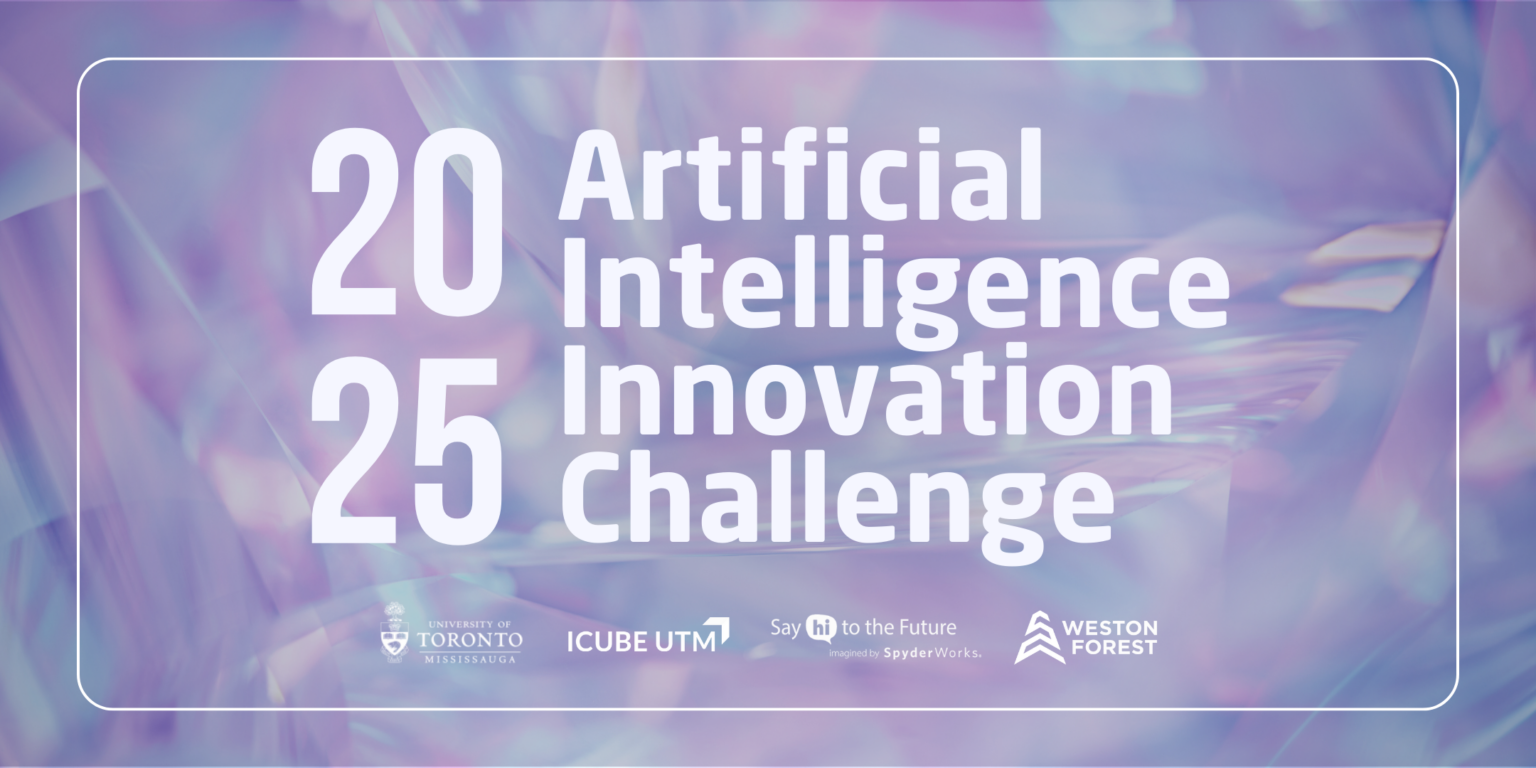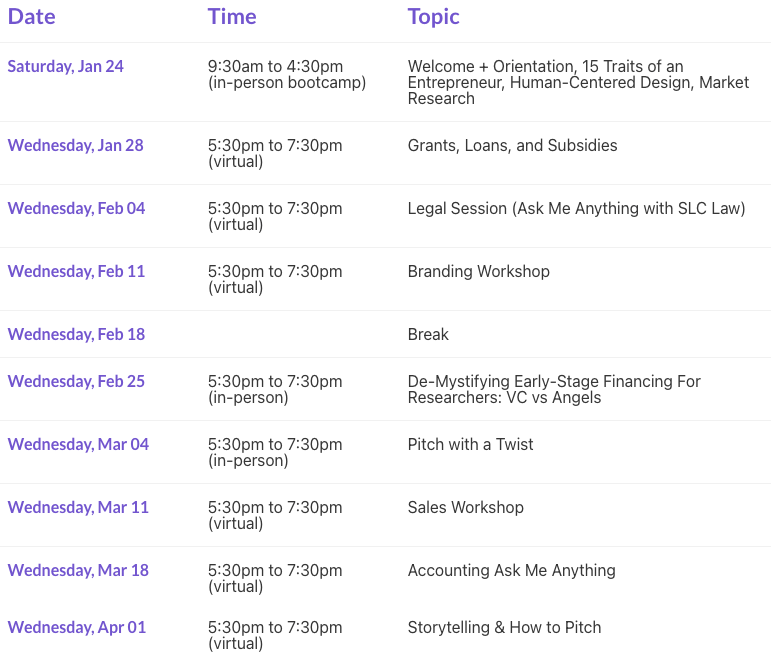“The opportunity that this competition has presented through ICUBE has been awesome, because we wouldn’t have this solution to begin with without the competition. All of us are in the early career stages, and this has opened up a world of possibilities for us.”
On February 13th, 2025, ICUBE held its Artificial Intelligence Innovation Challenge in partnership with Weston Forest and Say hi to the Future, a competition dedicated to advancing artificial intelligence through student-industry collaboration. This challenge aims to bring together bright minds from diverse disciplines, encouraging innovative AI solutions to help find new revenue opportunities for Weston Forest.
Our winners created LumberVision, an AI-powered supply chain. Their model analyzes historical lumber prices, housing starts, interest rates, currency exchange rates, and weather events to generate accurate price predictions. This solution is targeting salespeople at Weston Forest. The team focused on finding pricing strategies for salespeople that were dynamic and representative of the market. Among this team were Nikaran Kanchanadevi Marimuthu, Cole McClean, Abed Atassi, and Shalini Rathod.
The Winning Idea
The team’s approach to solving the problem was informed largely by Nikaran’s experience bridging the gap between engineering and technology. His mix of technical background and the entire team’s management experience were very helpful when developing a strategy to find their solution. According to Nikaran, one of the most beneficial things the team did was to start with multiple different approaches and multiple different technologies, without attempting to oversimplify the problem. It can be tough to do this, because, when starting out, it can seem like the problem is totally manageable but not every detail is provided. So, along the way, it’s important to take well-informed liberties with the features you want to implement, and to be confident that those are the right liberties to be taking.
When implementing their idea, the team’s technical advantage came in handy once again, as all of them have experience with data collection. Nikaran developed their large language model from scratch, which can often be very costly. However, the team knew where to look for open-source data to train on, which gave them a great advantage. They then used multiple different models to train their AI. At this point, having understood that they would need to help Weston Forest with their supply chain, they attempted to use their models to optimize inventory management. Their forecasting model helps salespeople at Weston Forest keep track of trends and fluctuation in pricing.
Future Plans
The team has big plans for where to take their product. The ICUBE team is working to connect them with Weston Forest, at which point they’ll get a chance for their product to become a real solution for Weston Forest. They also have plans to hire a team to develop their frontend and then discuss their product with experts and industry leaders. On a broader scale, they’re thinking about founding a startup that could help solve technical-business problems for non-technical companies.
The team hasn’t participated in many innovation challenges but has had their fair share of case competitions. Most of them involve banks or insurance companies. However, Canada has a large chunk of lumber and energy companies, which is why the team was very excited to see these underserved industries being propped up. Integrating AI into these sectors can totally transform how they operate, so they greatly appreciate ICUBE choosing companies like Sobeys and Weston Forest to highlight. Additionally, the team found that this competition really helped them develop their understanding of AI and its use in different industries, as well as build their competitive and time management skills. For all these reasons, they would definitely recommend this competition to anyone considering.


